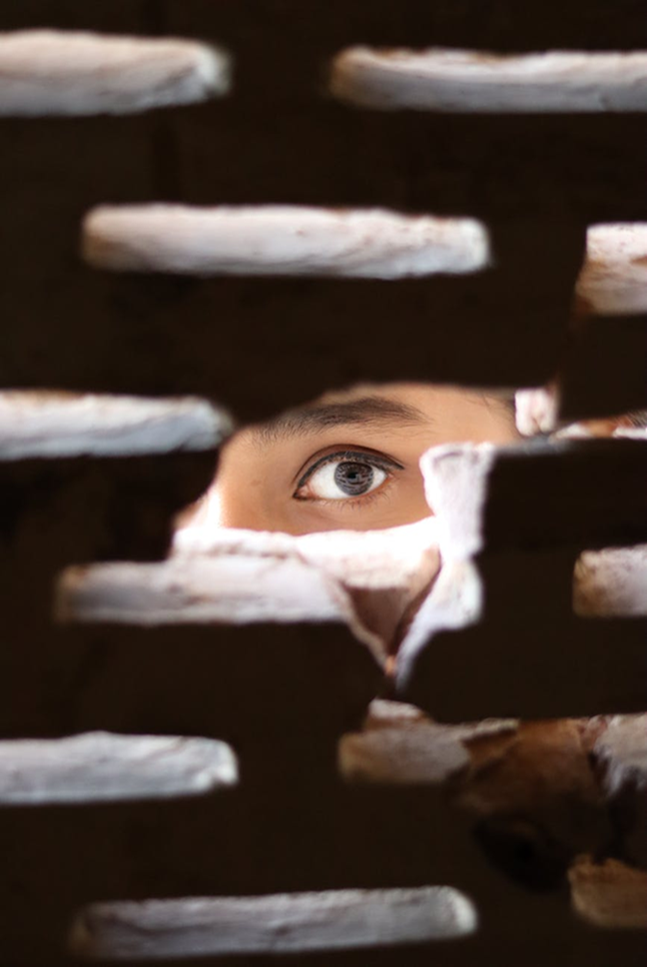
The Hidden Factors of Stalking: Proving your Case with Forensic Analysis
-
Register
- Prices available after logging in

On-Demand Webinar: The Hidden Factors of Stalking: Proving your Case with Forensic Analysis
75-minute presentation
1.25 CLE Credits
Our Veteran Faculty member and career prosecutor will address the difficulties inherent in investigating and prosecuting stalking and cyber stalking cases; dealing with the harsh realities of obtaining a conviction on these cases; and helpful investigatory tips in preparing these cases for indictment and/or trial. In light of defendants increasing use of 21st century technology she will provide an overview of the statutory and constitutional considerations regarding investigation, evidence collection, seizure, and admissibility issues of the types of electronic evidence you will see utilized in these cases. Types of electronic evidence that will be discussed includes : images or data on digital cameras; voice mail; email; cell tower sites. The faculty member will provide an overview on the process of securing a warrant for seizure of this evidence (including any suggestions on content of the warrant); a step-by-step look at the seizure of this evidence (what, when, where, who’s in control of the evidence/information) and third party service providers; lawful access to encrypted communications; careful documentation of the search/seizure; defendant’s attempts to hide evidence; any cautionary tips and safety warnings regarding evidence collection; and the increasing concerns that digitized evidence can be more readily manipulated than traditional image technology.
Cost:
Members: $65
Non-Members: $75
If you would like to become a member, please join here!
Eligibility
NDAA’s mission to serve and support prosecutors and their staff. In consideration of this commitment, NDAA requires that all those in attendance of our programs currently work in or work closely with prosecution. This training is designed for prosecutors, lawyers and paralegals in local, state, tribal, federal and military government attorneys’ offices who work on behalf of survivors of all gender based violent crimes, law enforcement, victim advocates and victim-witness professionals, violent crimes task force members, shelter and social workers, and protective services personnel are welcome to attend.
Questions?
Please contact training@ndaajustice.org.

Teresa Hall
Supervising Attorney
State Attorney's Office of the Thirteenth Judicial Circuit, Hillsborough County, Florida
Teresa A. Hall comes to Florida after residing in Indianapolis, Indiana. Ms. Hall has a varied background with thirty years of experience in health care and over eighteen years of experience as a practicing attorney. Ms. Hall was admitted to practice law in the State of Indiana in 2001 and then in Florida in 2017. During her legal practice, Ms. Hall has represented the indigent in criminal defense, worked in supervision for homicide prosecutions for the Marion County Prosecutor's Office in Indianapolis, Indiana, and previously held a judicial position for criminal law courts from 2010 to late 2012. Ms. Hall gathered management experience while in health care and then later through the criminal justice system.
Ms. Hall has several years of experience in managing departments with over 150 direct reports. During her legal career Ms. Hall has conducted and/or presided over more than one hundred and twenty criminal jury trials. She enjoys teaching and mentoring to fellow attorneys and law students. Ms. Hall has presented on topics pertaining to criminal law on a local, state and national level, including presentations for the National District Attorney's Association. Currently, Ms. Hall is the Supervising Attorney for the Conviction Review Unit for the State Attorney's Office of the Thirteenth Judicial Circuit, Hillsborough County, Florida and has recently been accepted as an Adjunct Faculty member of the Stetson University College of Law. Ms. Hall enjoys time with her family and getting to know her new home of Tampa, Florida.
Continuing Legal Education Credits: 1.25 Hours
NDAA is not responsible for accrediting or reporting CLE credits for this on-demand webinar. Members are responsible for ensuring their state accepts self-applications for self-study CLE credits.
Upon completion of your on-demand course, you will be able to access a CLE Uniform Certificate of Attendance for the recording. If your state accepts self-study credits, you can submit this certificate directly to your state bar. NDAA does not accredit recorded content or report on-demand CLE for this webinar.
Attendees must self-submit this course for approval in their home
state. All attorneys are responsible for any fees associated with CLE filing.
Attorneys seeking CLE credit should contact their state bar associations for
more information. General questions or additional information regarding CLE
credit can be directed to cle@ndaajustice.org.
MEDICAL BACKGROUND FOR ABUSIVE HEAD TRAUMA CASES
Dr. Lori Frasier will talk about the diagnostic process that child abuse physicians and experts follow. She will discuss the medical approach to and definitions of abusive head trauma as child abuse. Dr. Frasier will also discuss current “alternative” theories that appear in such cases, and the evidence-based approach to these theories and the witnesses that support them. She will discuss medical facts should be considered before charges are brought and while preparing for trial.
COLLABORATION WITH MEDICAL EXPERTS TO UNDERSTAND THE MEDICAL FINDINGS AND EDUCATE THE TRIER OF FACT
Prosecutor Robert Parrish will address the significance of medical findings, the importance of working with the medical experts from the occurrence of the abuse or fatality through preparation for trial, and the advantages of using state-of-the-art methods for illustrating complex medical concepts. He will also assist attendees in understanding the defense medical witnesses’ claims and theories and how to use the medical experts as potential rebuttal witnesses.
CHALLENGING DEFENSE EXPERTS AND THEORIES
Prosecutor Debbie Feinstein will demonstrate, using several case studies, the legal and real-world challenges that medical professionals, child welfare investigators, law enforcement and prosecutors face when investigating and prosecuting abusive head trauma child abuse cases. She will address common misperceptions and media attempts to distort the scientific and medical basis for the diagnosis of abusive head trauma. She will outline legal and factual ways to overcome these challenges and distortions, including filing affirmative motions to limit the testimony of defense expert witnesses and motions in response to Frye or Daubert challenges to medical testimony relating to the abusive head trauma diagnosis.
PUTTING IT ALL TOGETHER: ROUND TABLE DISCUSSION and Q & A
Finally, all three presenters will be available to answer questions and to share lessons and tips together.
NDAA Policy
NDAA works to provide a safe and secure environment for partners and participants. By registering for this event, you agree to abide by NDAA policies and acknowledge the disclaimer and waiver. For more information on NDAA’s policies and procedures, including our Code of Conduct, please visit our Policies page.